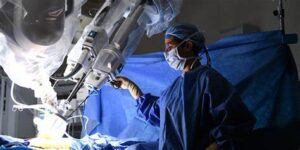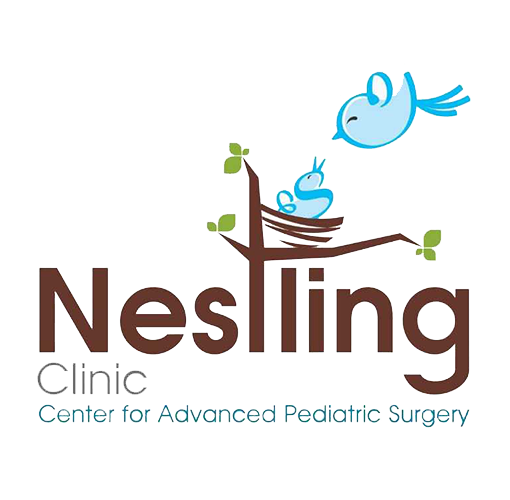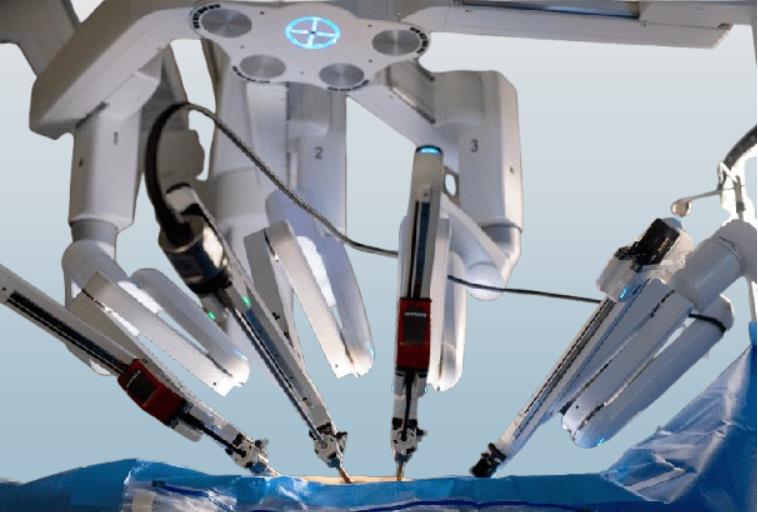Pediatric Robotic Surgery: A Safer and Advanced Approach for Children
Pediatric robotic surgery is revolutionizing the way surgical procedures are performed on children. With cutting-edge technology, this minimally invasive approach ensures precision, safety, and faster recovery. Parents seeking the best treatment for their child often prefer robotic surgery due to its numerous advantages over traditional methods.
Why Prefer Pediatric Robotic Surgery?
Robotic-assisted surgery in children offers significant benefits, making it the preferred choice for many pediatric conditions:
1. Smaller Incision
Traditional open surgeries require large incisions, leading to more pain and longer recovery times. Robotic surgery uses tiny incisions, reducing scarring and post-operative discomfort.
2. Reduced Blood Loss
Minimally invasive robotic techniques minimize blood loss, decreasing the need for transfusions and reducing surgical complications.
3. Faster Recovery
Smaller incisions and reduced trauma to surrounding tissues allow children to recover faster, spend less time in the hospital, and resume normal activities sooner.
4. Improved Visualization
Robotic technology provides a high-definition, 3D magnified view, enabling surgeons to see tiny anatomical structures with exceptional clarity.
5. Enhanced Precision & Dexterity
With robotic-assisted surgery, surgeons gain better control and precision, allowing them to perform complex procedures with increased accuracy and safety.

Procedures Performed Using Pediatric Robotic Surgery
Robotic surgery is widely used across various pediatric specialties. Here are some of the major procedures performed:
Pediatric Urology Surgeries
- Pyeloplasty – Used to correct kidney obstructions and restore normal urine flow.
- Ureteric Reimplant – Repositioning the ureters to correct reflux and prevent infections.
- Partial/Complete Nephrectomy – Removing a diseased kidney partially or completely.
- Duplex Kidney Surgery – Treating complex congenital kidney abnormalities.
Pediatric Hepatobiliary Surgeries
- Biliary Atresia – Correcting bile duct blockages for improved liver function.
- Choledochal Cyst Removal – Preventing complications like infections and cancer.
- Liver Resection – Removing tumors or damaged liver parts.
- Pancreatic Surgery – Treating pancreatic disorders with precision.
Pediatric Thoracic Surgeries
- Tracheoesophageal Fistula Repair – Correcting congenital defects connecting the esophagus and trachea.
- Diaphragmatic Hernia Repair – Fixing openings in the diaphragm to aid proper lung development.
- Empyema Surgery – Treating lung infections and pus accumulation.
- Lobectomy for Congenital Lung Disease – Removing diseased lung portions for better function.
Pediatric Gastrointestinal Surgeries
- Fundoplication – Treating severe acid reflux and GERD.
- Malrotation Correction – Fixing twisted intestines to prevent blockages.
- Duplication Cyst Removal – Removing abnormal cysts from the digestive tract.
- Complex Appendicectomy – Managing complicated appendix cases.
- Cholecystectomy – Removing the gallbladder for severe gallstone disease.
- Splenectomy – Removing the spleen in certain blood disorders.
- Pull-through Surgery – Treating conditions like imperforate anus and Hirschsprung’s disease.
- Meckel’s Diverticulum Surgery – Removing abnormal outpouching in the intestine.
Pediatric Onco Surgeries
- Kidney Tumor Surgery – Removing Wilms’ tumors and other kidney cancers.
- Neuroblastoma Surgery – Treating adrenal gland tumors in children.
- Liver Tumor Surgery – Addressing both benign and malignant liver tumors.
- Retroperitoneal Tumor Surgery – Removing tumors from the abdominal cavity.
- Adrenal Tumor Surgery – Treating tumors affecting adrenal hormone production.
Conclusion
Pediatric robotic surgery has truly revolutionized the way complex surgeries are performed on children. By combining advanced robotic technology with a minimally invasive approach, it ensures unmatched precision, reduced pain, faster recovery, and minimal scarring—giving young patients the best chance at a healthy future.
When it comes to your child’s health, choosing the right surgeon makes all the difference. Dr. Abhijit Benare, a highly experienced and compassionate pediatric surgeon in Pune, is at the forefront of robotic-assisted pediatric care. With his expert hands and a patient-centric approach, your child receives not just treatment, but truly advanced and personalized surgical care.



